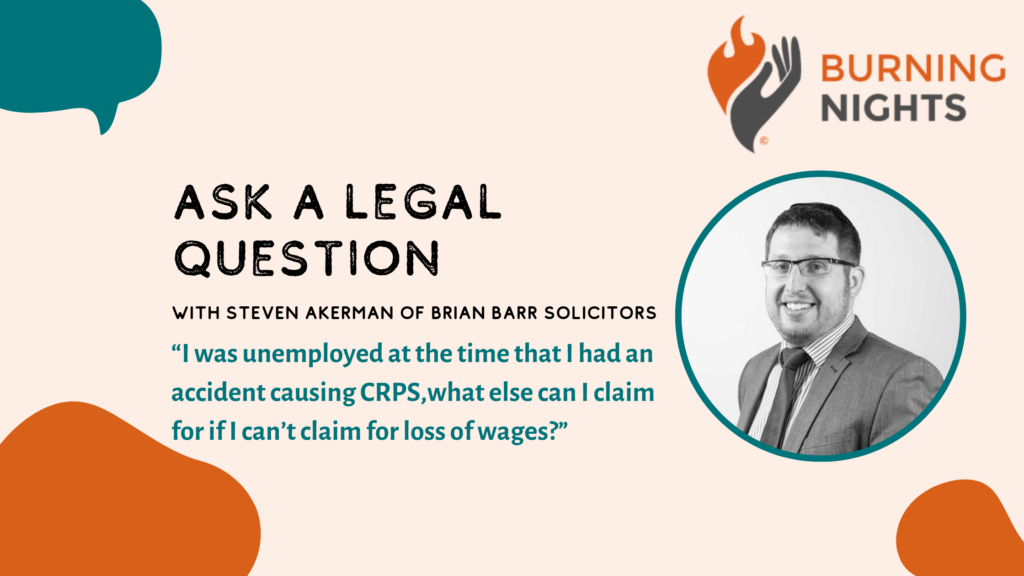Fibromyalgia is a real and disabling condition, and not just something that is “all in the mind”. Fortunately the days are long gone when GPs told patients that there was no such thing as fibromyalgia and that it was all in their heads – doctors now accept and regularly diagnose fibromyalgia and other chronic fatigue conditions.
Is fibromyalgia classed as a disability?
In the UK, a person is considered disabled if they have a physical or mental impairment that has a ‘substantial’ and ‘long-term’ negative effect on their ability to do normal daily activities.
- ‘substantial’ is more than minor or trivial, e.g. it takes much longer than it usually would to complete a daily task like getting dressed
- ‘long-term’ means 12 months or more, e.g. a breathing condition that develops as a result of a lung infection
The Department for Work and Pensions (DWP) recognises fibromyalgia as a real and potentially significantly disabling condition. Where a clinical diagnosis of fibromyalgia has been made full account will be taken of its functional effects when determining benefit entitlement.
What benefits can I claim for my fibromyalgia?
If you have been diagnosed with fibromyalgia and have extra care needs or limited capability for work because of your condition, you may be entitled to a number of welfare benefits including Attendance Allowance (AA), Disability Living Allowance (DLA), Personal Independence Payment (PIP), and Employment and Support Allowance (ESA).
Eligibility is not based on the condition you have, but on the amount of help you as an individual need as a result of how your condition affects you.
Fibromyalgia symptoms and daily life
Fibromyalgia symptoms are varied but tend to include chronic pain around the body, muscle stiffness and fatigue (extreme tiredness/exhaustion), which may severely affect a person’s day to day life.
Fibromyalgia pain can take a toll on every aspect of daily life however many people find they can still go about their daily life although have periods when their fibromyalgia symptoms flare up. Others may experience constant pain that is difficult manage daily. Symptoms can include:
- Pain all around the body, which may feel like burning, throbbing, stabbing or shooting pain
- Extreme tiredness or fatigue
- Increased sensitivity to pain (feeling that even slight touch is really painful)
- ‘Brain fog’ – difficulties remembering things and concentrating
- Sleep issues e.g. being unable to progress into a state of deep sleep
- Stiff joints and muscles
- Balance problems i.e. vertigo, dizziness
- Food intolerances
- Sensitivity to heat/cold
- Mood swings, anxiety, depression or other mental health problems
- Digestive problems e.g. IBS (irritable bowel syndrome)
- Headaches or migraines
Fibromyalgia affects everyone differently and there are many aids that can help with daily activities. Support groups and charities such as UK Fibromyalgia or Fibromyalgia Action UK offer information and support to people with fibromyalgia and can be very useful when getting to grips with your diagnosis.
It is estimated that one million people in the UK alone suffer from fibromyalgia. Although without a test fibromyalgia diagnosis can be difficult and therefore this number is unlikely to represent the true figure of those with the condition. Lots of people who have been diagnosed with fibromyalgia continue to work full or part-time. However, the symptoms, in particular chronic pain and fatigue, make working incredibly difficult and therefore it is helpful that the government recognises fibromyalgia as a potentially disabling condition.
If you are suffering from fibromyalgia, CRPS, or any chronic pain condition as a result of an accident that was not your fault, and even if you have an existing claim, get in touch with Brian Barr Solicitors to see if we can assist. It is simple and hassle free to move your claim to Brian Barr Solicitors who are experts in dealing with chronic pain litigation. Call us today on 0161 737 9248 or visit our website (www.brianbarr.co.uk) to find out more.
We do not endorse any research, studies or sources mentioned within our blogs and comments. The blog is for information purposes only as we are not medical professionals. We do not endorse any medical advice provided and would strongly recommend anyone seeking medical advice to contact their local healthcare provider before any changes to treatment and / or management of your condition is undertaken.

















